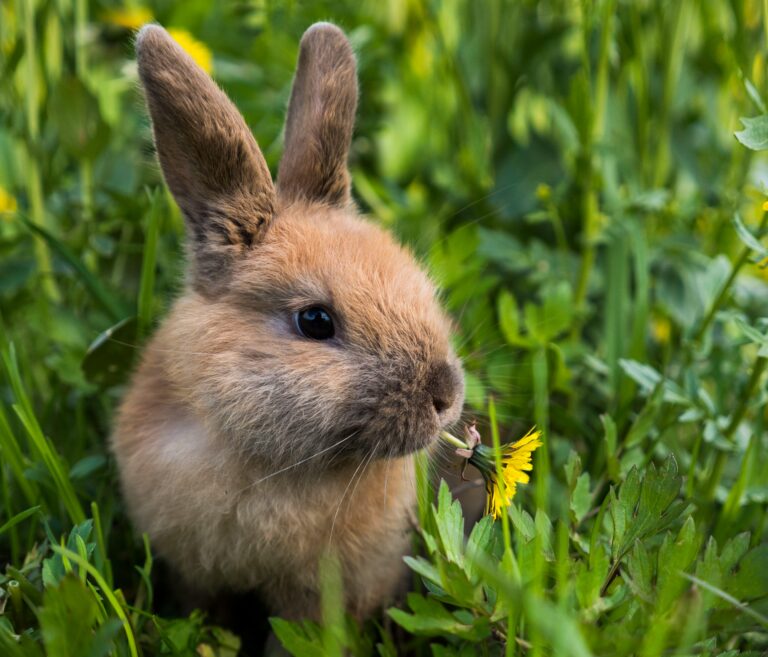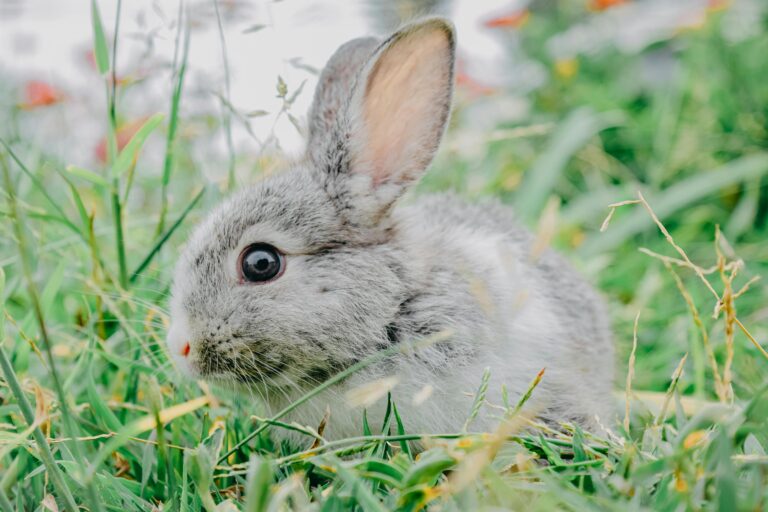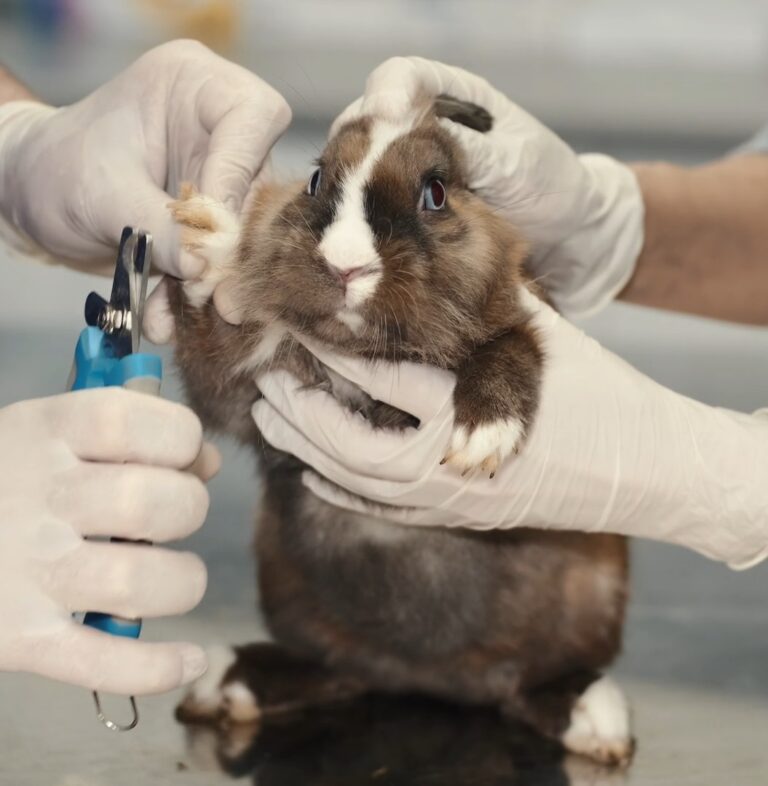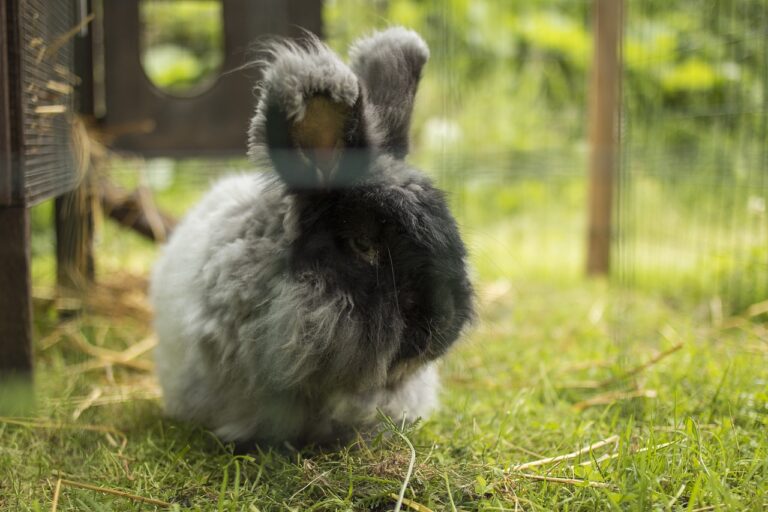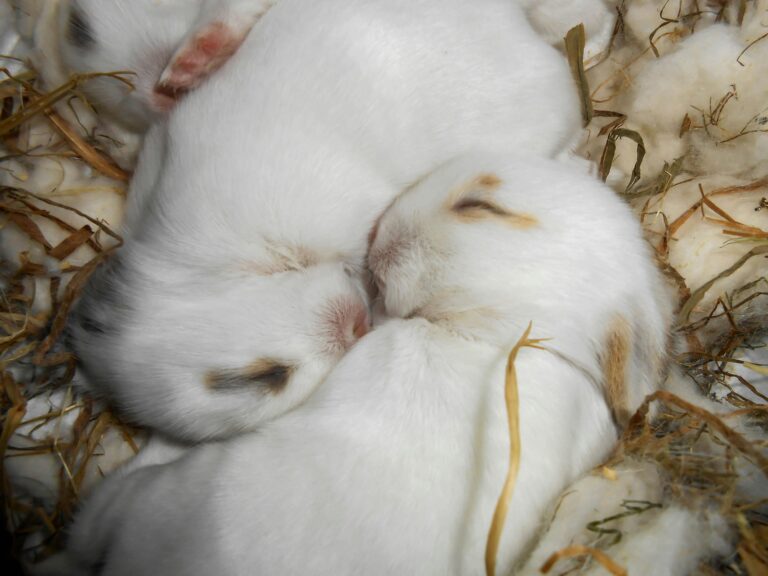Can my Rabbit Eat Carrots?
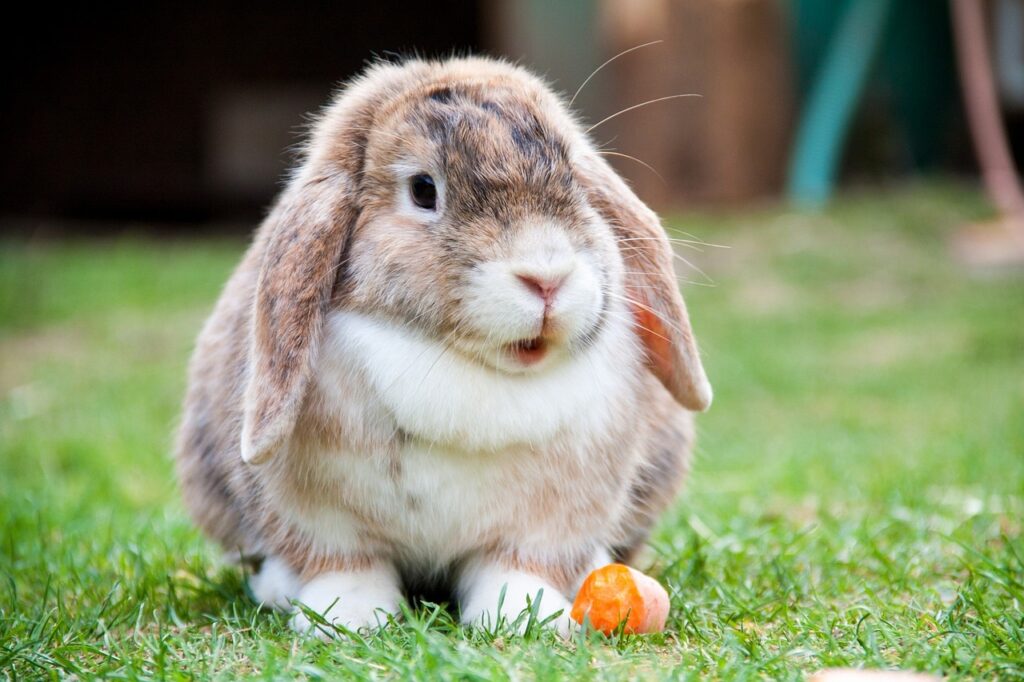
When adding a rabbit to your home, proper nutrition is one of your most important considerations! There are many veggies that seem harmless enough but are actually very dangerous to your rabbit, like iceberg lettuce and raw potato. You might even find yourself asking, “can my rabbit eat carrots?”
As herbivores, a rabbit’s diet primarily consists of hay, fresh vegetables, and fruits. Carrots, with their vibrant color and crunchy texture, are often associated with rabbits! However, before offering carrots to your furry friend, it’s essential to understand the nutritional benefits, potential risks, and proper serving guidelines.
In this guide we’ll explore everything you need to know about feeding carrots to your rabbit.
The Nutritional Profile of Carrots
Carrots are renowned for their rich nutrient content, making them a popular choice among humans and pets alike. Here’s a breakdown of the nutritional profile of carrots:
Vitamins
Vitamin A: Carrots are an excellent source of beta-carotene, a precursor to vitamin A, which is crucial for vision, immune function, and skin health.
Vitamin K: This vitamin plays a role in blood clotting and bone health.
Vitamin C: While not as abundant in carrots as in some other fruits and vegetables, vitamin C is still present and contributes to immune function and collagen synthesis.
Minerals
Potassium: Important for maintaining fluid balance, nerve function, and muscle contractions.
Fiber: Carrots are rich in dietary fiber, which aids in digestion and helps prevent gastrointestinal issues like constipation.
Antioxidants
Beta-Carotene: As an antioxidant, beta-carotene helps neutralize harmful free radicals in the body, potentially reducing the risk of chronic diseases.
Can My Rabbit Eat Carrots?
Yes, rabbits can eat carrots and often enjoy them as a tasty treat! However, it’s essential to offer carrots in moderation and as part of a balanced diet. While carrots provide valuable nutrients, excessive consumption can lead to health issues due to their high sugar content.
Benefits of Feeding Carrots to Rabbits
Feeding carrots to your rabbit in appropriate amounts can offer several benefits:
Dental Health
The crunchy texture of carrots can help wear down rabbits’ continuously growing teeth, promoting dental health and preventing overgrowth.
Nutritional Variety
Incorporating carrots into your rabbit’s diet adds variety and ensures they receive a range of essential vitamins and minerals.
Enrichment
Offering carrots as occasional treats can provide mental stimulation and enrichment for rabbits, especially when given in interactive feeders or as part of foraging activities.
Risks and Considerations
While carrots offer numerous health benefits, it’s crucial to be aware of potential risks associated with feeding them to rabbits:
Sugar Content
Carrots contain natural sugars, primarily in the form of sucrose. While these sugars are not harmful in moderation, excessive consumption can lead to obesity, gastrointestinal issues, and dental problems.
Digestive Upset
Some rabbits may have sensitive digestive systems and experience digestive upset, such as diarrhea, if they consume too many carrots or other sugary vegetables.
Obesity
Overfeeding carrots or other high-sugar treats can contribute to obesity in rabbits, which increases the risk of various health problems, including arthritis and cardiovascular issues.
Oxalic Acid
Carrots contain oxalic acid, a compound that, in large quantities, can interfere with calcium absorption and contribute to the formation of bladder stones in rabbits prone to urinary issues.
How to Feed Carrots to Your Rabbit Safely
To ensure the safe and appropriate consumption of carrots by your rabbit, follow these guidelines:
Moderation is Key
Offer carrots as occasional treats rather than a staple food in your rabbit’s diet. Limit the portion size to small, bite-sized pieces.
Freshness Matters
Choose fresh, crisp carrots without any signs of mold or decay. Wash them thoroughly to remove any dirt or pesticides before serving.
Introduce Gradually
If your rabbit is not accustomed to carrots or other sugary vegetables, introduce them gradually in small amounts to prevent digestive upset.
Monitor for Signs of Digestive Issues
Keep an eye on your rabbit’s stools and behavior after introducing carrots. If you notice any signs of diarrhea, reduce or eliminate carrots from their diet and consult a veterinarian if symptoms persist.
Consideration for Health Conditions
If your rabbit has a history of obesity, dental issues, or urinary tract problems, consult with a veterinarian before incorporating carrots into their diet.
Conclusion
Carrots can be a nutritious and enjoyable addition to your rabbit’s diet when fed in moderation and as part of a balanced meal plan!
While rabbits can eat carrots, it’s essential to be mindful of portion sizes and monitor their overall sugar intake to prevent health issues.
By following the guidelines outlined in this article and prioritizing your rabbit’s health and well-being, you can safely incorporate carrots into their diet and provide them with a tasty and enriching treat!

